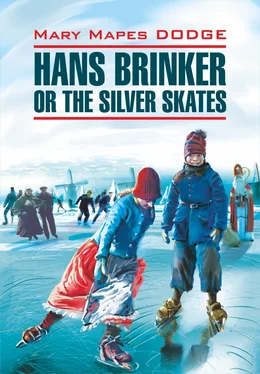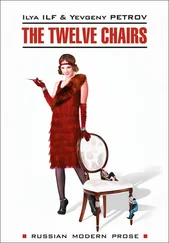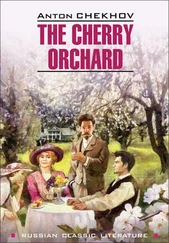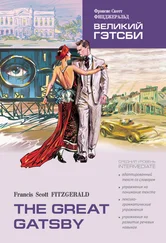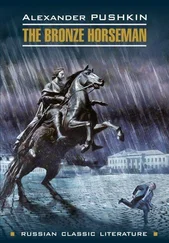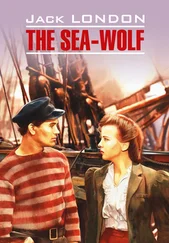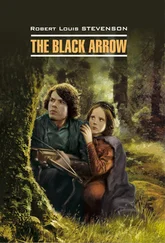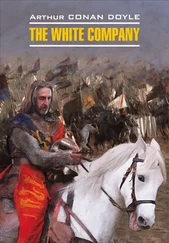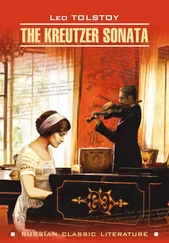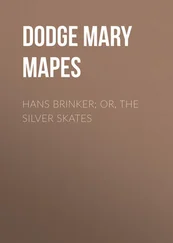1 ...7 8 9 11 12 13 ...22 These thoughts ran through his mind as he turned his face toward Amsterdam, not five miles away, on the other side of the frozen Y [71] Y – произносится как eye ; рукав Зёйдерзее ( примеч. авт. )
. The ice upon the canal was perfect, but his wooden runners, so soon to be cast aside, squeaked a dismal farewell as he scraped and skimmed along.
When crossing the Y, whom should he see skating toward him but the great Dr. Boekman, the most famous physician and surgeon in Holland. Hans had never met him before, but he had seen his engraved likeness in many of the shop windows in Amsterdam. It was a face that one could never forget. Thin and lank, though a born Dutchman, with stern blue eyes, and queer compressed lips that seemed to say “No smiling permitted [72] No smiling permitted – ( шутл. ) Улыбаться запрещается
,” he certainly was not a very jolly or sociable-looking personage, nor one that a well-trained boy would care to accost unbidden.
But Hans WAS bidden, and that, too, by a voice he seldom disregarded – his own conscience.
“Here comes the greatest doctor in the world,” whispered the voice. “God has sent him. You have no right to buy skates when you might, with the same money, purchase such aid for your father!”
The wooden runners gave an exultant squeak. Hundreds of beautiful skates were gleaming and vanishing in the air above him. He felt the money tingle in his fingers. The old doctor looked fearfully grim and forbidding. Hans’s heart was in his throat, but he found voice enough to cry out, just as he was passing, “Mynheer Boekman!”
The great man halted and, sticking out his thin underlip, looked scowling about him.
Hans was in for it now.
“Mynheer,” he panted, drawing close to the fierce-looking doctor, “I knew you could be none other than the famous Boekman. I have to ask a great favor – ”
“Hump!” muttered the doctor, preparing to skate past the intruder. “Get out of the way. I’ve no money – never give to beggars [73] never give to beggars – ( разг. ) я не подаю нищим
.”
“I am no beggar, mynheer,” retorted Hans proudly, at the same time producing his mite of silver with a grand air. “I wish to consult you about my father. He is a living man but sits like one dead. He cannot think. His words mean nothing, but he is not sick. He fell on the dikes.”
“Hey? What?” cried the doctor, beginning to listen.
Hans told the whole story in an incoherent way, dashing off a tear once or twice as he talked, and finally ending with an earnest “Oh, do see him, mynheer. His body is well – it is only his mind. I know that this money is not enough, but take it, mynheer. I will earn more, I know I will. Oh! I will toil for you all my life, if you will but cure my father!”
What was the matter with the old doctor? A brightness like sunlight beamed from his face. His eyes were kind and moist; the hand that had lately clutched his cane, as if preparing to strike, was laid gently upon Hans’s shoulder.
“Put up your money, boy, I do not want it. We will see your father. It’s hopeless, I fear. How long did you say?”
“Ten years, mynheer,” sobbed Hans, radiant with sudden hope.
“Ah! a bad case, but I shall see him. Let me think. Today I start for Leyden, to return in a week, then you may expect me. Where is it?”
“A mile south of Broek, mynheer, near the canal. It is only a poor, broken-down hut. Any of the children thereabout can point it out to your honor,” added Hans with a heavy sigh. “They are all half afraid of the place; they call it the idiot’s cottage.”
“That will do [74] That will do – ( разг. ) Хватит; достаточно
,” said the doctor, hurrying on with a bright backward nod at Hans. “I shall be there. A hopeless case,” he muttered to himself, “but the boy pleases me. His eye is like my poor Laurens’s. Confound it, shall I never forget that young scoundrel!” And, scowling more darkly than ever, the doctor pursued his silent way.
Again Hans was skating toward Amsterdam on the squeaking wooden runners; again his fingers tingled against the money in his pocket; again the boyish whistle rose unconsciously to his lips.
Shall I hurry home, he was thinking, to tell the good news, or shall I get the wafles and the new skates first? Whew! I think I’ll go on!
And so Hans bought the skates.
Introducing Jacob Poot and His Cousin
Hans and Gretel had a fine frolic early on that Saint Nicholas’s Eve. There was a bright moon, and their mother, though she believed herself to be without any hope of her husband’s improvement, had been made so happy at the prospect of the meester’s visit, that she yielded to the children’s entreaties for an hour’s skating before bedtime.
Hans was delighted with his new skates and, in his eagerness to show Gretel how perfectly they “worked,” did many things upon the ice that caused the little maid to clasp her hands in solemn admiration. They were not alone, though they seemed quite unheeded by the various groups assembled upon the canal.
The two Van Holps and Carl Schummel were there, testing their fleetness to the utmost [75] to the utmost – ( разг. ) изо всех сил
. Out of four trials Peter van Holp had won three times. Consequently Carl, never very amiable, was in anything but a good humor [76] was in anything but a good humor – ( разг. ) был в плохом настроении
. He had relieved himself by taunting young Schimmelpenninck, who, being smaller than the others, kept meekly near them without feeling exactly like one of the party, but now a new thought seized Carl, or rather he seized the new thought and made an onset upon his friends.
“I say, boys, let’s put a stop to those young ragpickers from the idiot’s cottage joining the race. Hilda must be crazy to think of it. Katrinka Flack and Rychie Korbes are furious at the very idea of racing with the girl; and for my part, I don’t blame them. As for the boy, if we’ve a spark of manhood in us, we will scorn the very idea of – ”
“Certainly we will!” interposed Peter van Holp, purposely mistaking Carl’s meaning. “Who doubts it? No fellow with a spark of manhood in him would refuse to let in two good skaters just because they were poor!”
Carl wheeled about savagely. “Not so fast, master! And I’d thank you not to put words in other people’s mouths [77] not to put words in other people’s mouths – ( разг. ) не надо говорить за других
. You’d best not try it again.”
“Ha, ha!” laughed little Voostenwalbert Schimmelpenninck, delighted at the prospect of a fight, and sure that, if it should come to blows [78] if it should come to blows – ( разг. ) если дело дойдет до драки
, his favorite Peter could beat a dozen excitable fellows like Carl.
Something in Peter’s eye made Carl glad to turn to a weaker offender. He wheeled furiously upon Voost.
“What are you shrieking about, you little weasel? You skinny herring you, you little monkey with a long name for a tail!”
Half a dozen bystanders and byskaters set up an applauding shout at this brave witticism; and Carl, feeling that he had fairly vanquished his foes, was restored to partial good humor. He, however, prudently resolved to defer plotting against Hans and Gretel until some time when Peter should not be present.
Just then, his friend, Jacob Poot, was seen approaching. They could not distinguish his features at first, but as he was the stoutest boy in the neighborhood, there could be no mistaking his form.
Читать дальше
